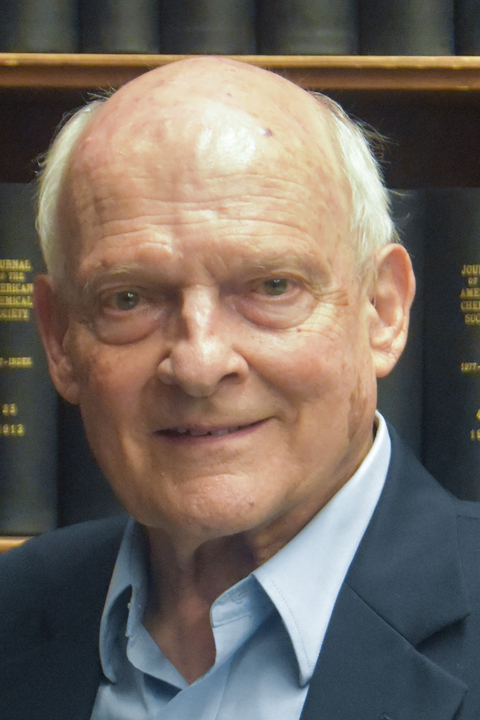Dieter Söll (Soell) is a German-American biochemist and molecular biologist. He received his early education in Germany (universities of Tübingen and Berlin) and England (Durham University) before earning his Ph.D. in Chemistry at the Technische Hochschule Stuttgart in 1962. After postdoctoral training with Dr. H.G. Khorana at the University of Wisconsin, in 1967, he joined the faculty of Yale University in the Department of Molecular Biophysics (later renamed Department of Molecular Biophysics and Biochemistry). Until his retirement in 2023, he led a dynamic research laboratory comprising, over the years, close to 250 postdoctoral and student trainees from eighteen different countries. He is a highly cited scientist (Dieter Söll Google Scholar), and in 2006 was named a Sterling Professor, one of Yale University’s highest faculty honors.
Contact Info
203-432-6200
Department of Molecular Biophysics and Biochemistry
Yale University, 266 Whitney Avenue
New Haven, CT 06511-8902, USA
Research Interests
A contributor to over 665 scientific papers (Dieter Söll’s Bibliography), Dieter Söll’s research interests have varied widely from genetics, molecular biology, genomics, and evolution of protein biosynthesis to gravity perception in plants. The recurring theme of his research has been the understanding of the role of transfer RNA and aminoacyl‐tRNA synthetases in interpreting the genetic code. One topic was the exploration of the indirect pathways to glutaminyl-, asparaginyl-, cysteinyl- and selenocysteinyl-tRNA formation present in certain organisms. These essential processes may have preceded the evolution of direct faithful acylation by aminoacyl-tRNA synthetases. Moving into synthetic biology, his research on selenocysteine (Sec), the 21st genetically encoded amino acid, led to methods of site-specific Sec insertion into proteins. His studies with pyrrolysine (Pyl), the 22nd amino acid, showed pyrrolysyl-tRNA synthetase (PylRS) to be agnostic of the tRNAPyl anticodon. This property allowed the PylRS:tRNAPyl pair to become the ideal system used for genetic code expansion with non-canonical amino acids.
Distinctions and Awards
Dieter Söll was a Visiting Professor of the Japan Society for the Promotion of Science, the recipient of a Humboldt Research Award, and twice a fellow of the John Simon Guggenheim Foundation. Dieter Söll is a member of the US National Academy of Sciences, an associate member of the European Molecular Biology Organization (EMBO), a corresponding member of the Croatian Academy of Sciences and Arts, a fellow of the American Academy of Microbiology, a fellow of the American Association for the Advancement of Science, and a fellow of the Menzies School of Health Research, Darwin, Australia. In 2009, he was awarded an honorary doctorate from Uppsala University.
In 1971, Dieter Söll became interested in the training of undergraduates from diverse backgrounds and created a summer research program that later became a model for other educational institutions. This led to two awards: Tougaloo College, Minority Access to Research Careers Award (2001) and Yale’s Bouchet Leadership Award Medal in Minority Graduate Education (2002). In 1974, he was co-founder of a highly successful scientific journal: Nucleic Acids Research (current impact factor: 16.7). Dieter Söll mentored many graduate and postdoctoral trainees in his career; in 2015, he was awarded Yale’s Postdoctoral Mentoring Prize.
